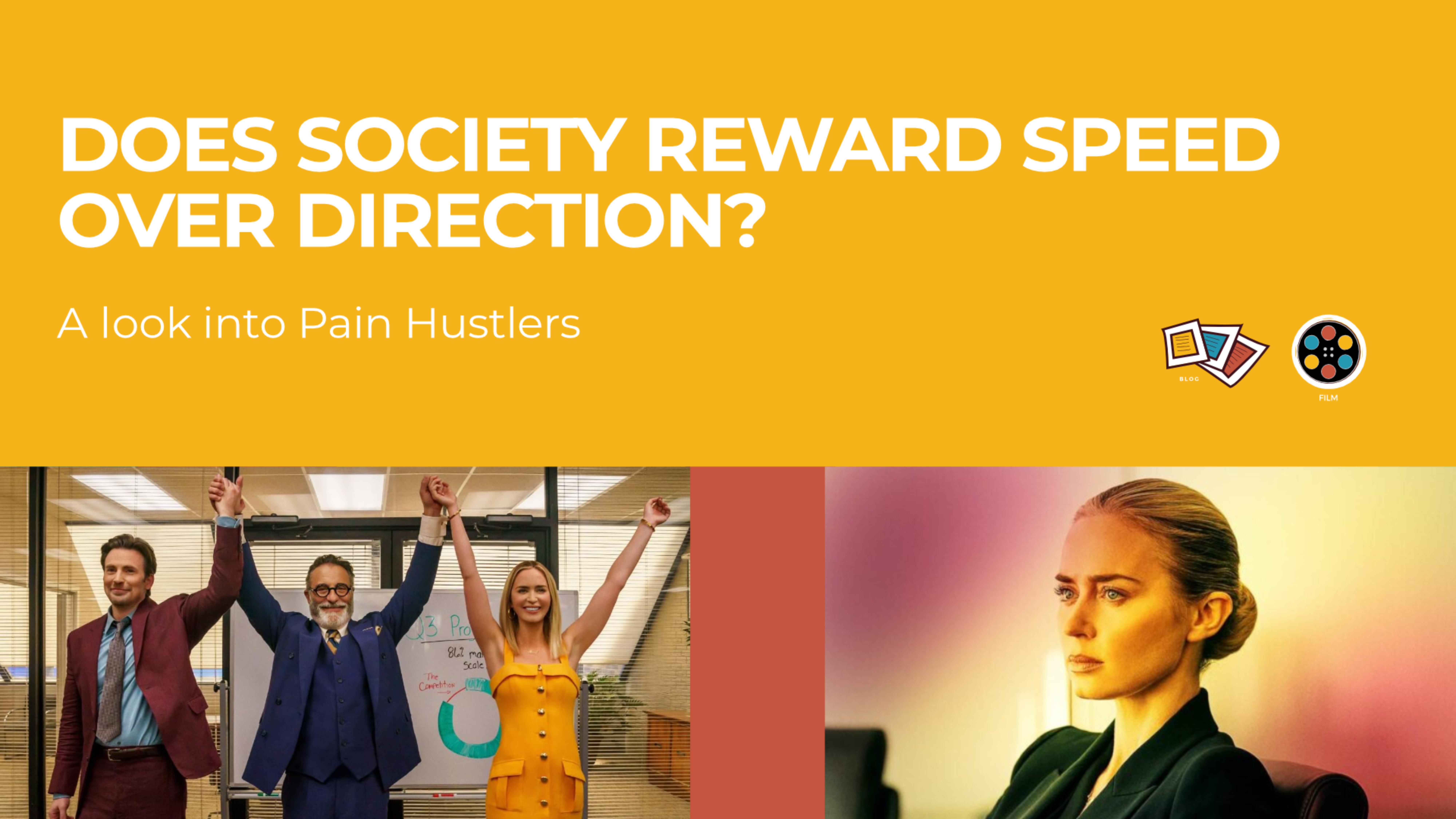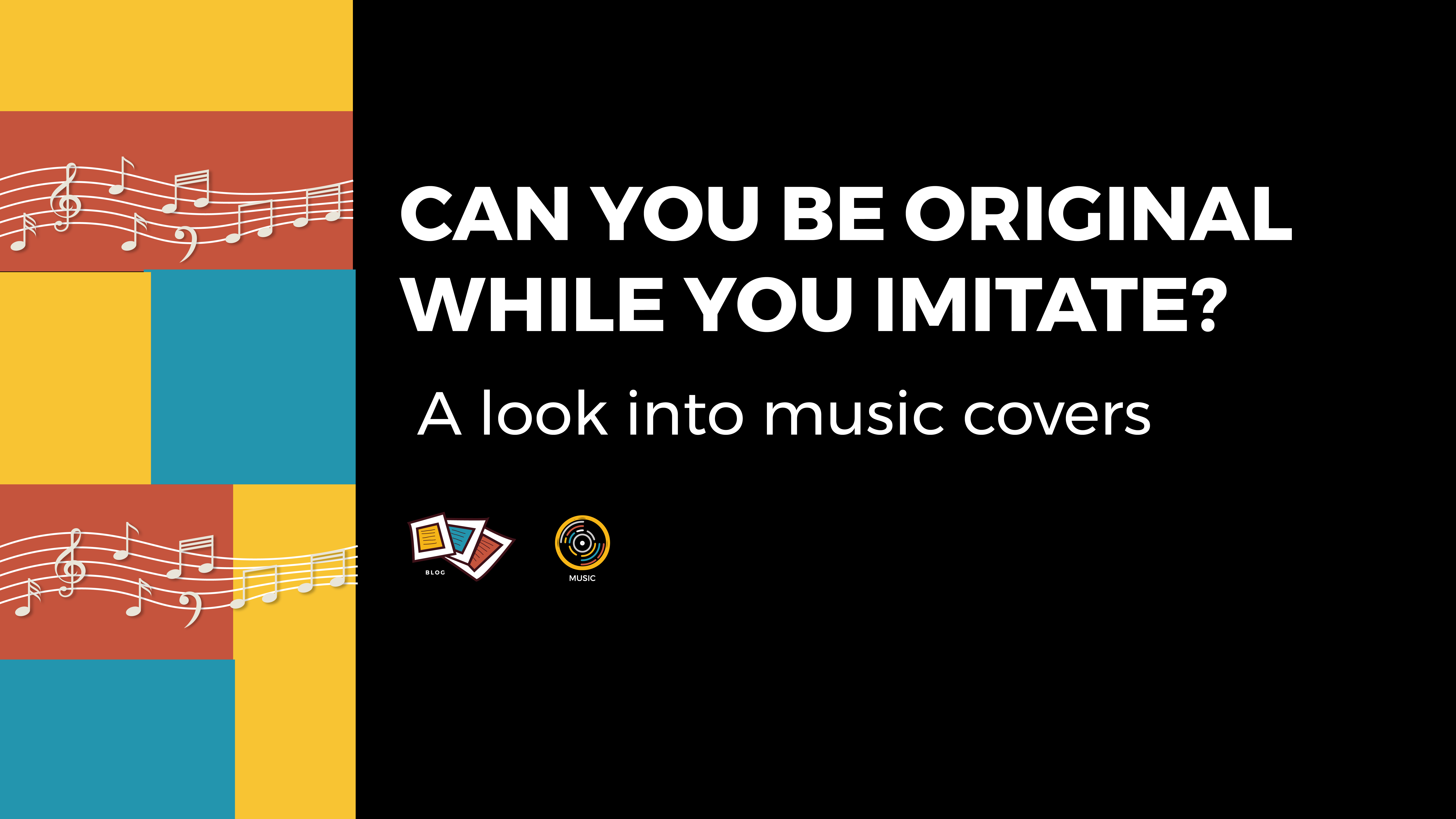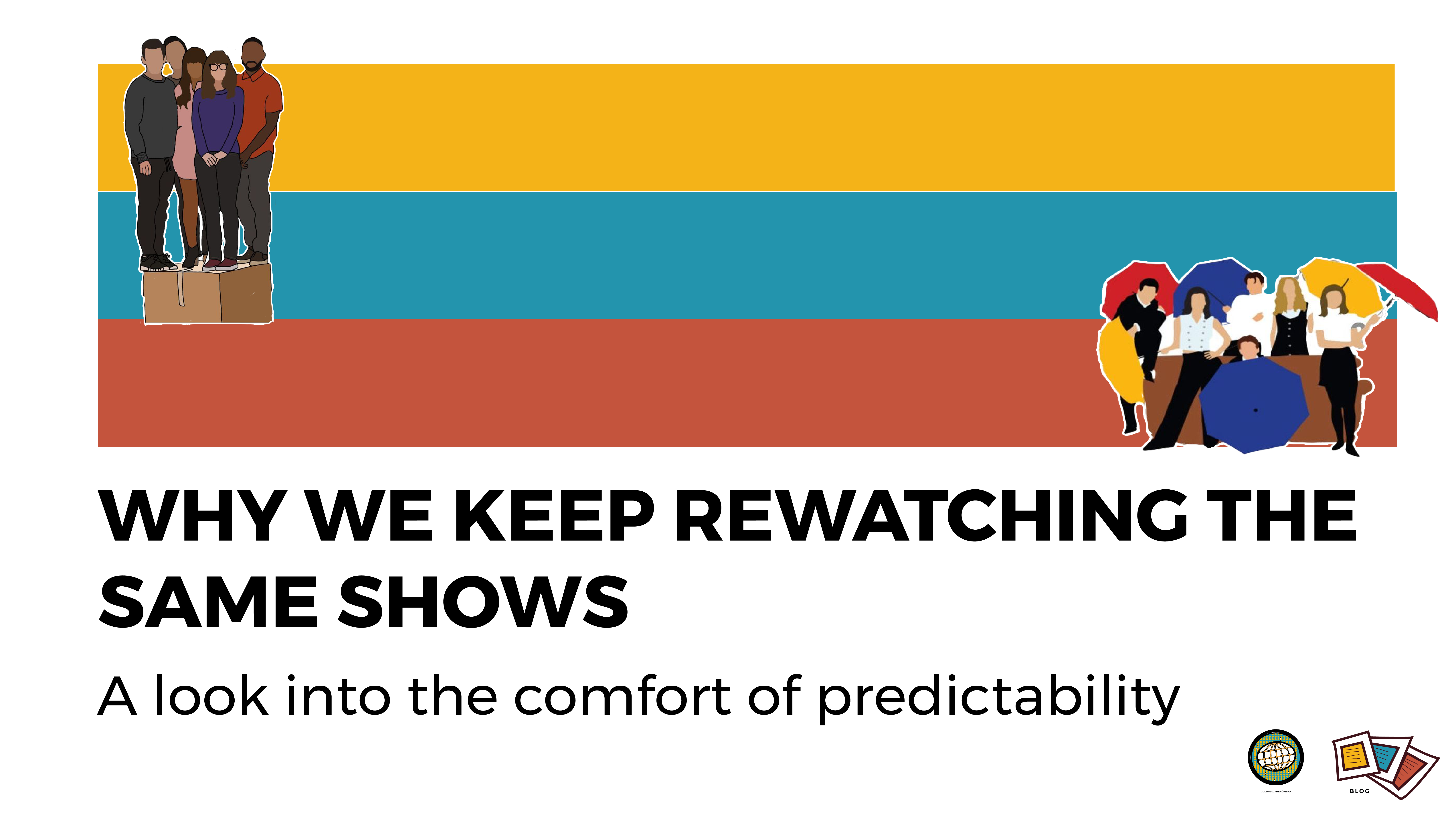
There’s a line in Pain Hustlers that almost slips by unnoticed:
“67 in a 65. Everyone else is doing 80.”
It’s tossed out casually, a harmless metaphor—just a little ambitious, just a little over. But it captures something that runs much deeper: a quiet shift in how we define morality. Not by integrity or conviction, but by comparison. As long as I’m not as bad as the next person, I must be fine.
And that’s exactly how the story begins.
Liza Drake (Emily Blunt) isn’t a villain. She’s a single mom trying to survive, hustling her way into a job at a crumbling pharmaceutical startup. She fakes a résumé, bends the truth. It’s a small compromise—relatable, even forgivable. Just a little over the moral limit. Just 67 in a 65.
But what happens next is not about a single bad decision—it’s about direction.
As Liza climbs the ranks, so does the company’s ambition. A fentanyl-based drug is marketed beyond its approved use. Doctors are incentivized. Patients are manipulated. The sales pitch slowly shifts from help to harm. But everyone keeps moving—because the results look good. The revenue is up. The business is booming. And that’s what matters… right?
Here’s where Pain Hustlers reveals its deeper concern.
It’s not just about a broken pharmaceutical system.
It’s about how quickly good people lose their way when results matter more than responsibility.
In a world obsessed with outcomes, we start measuring success by speed—by how far we’ve gone, how high we’ve climbed. And if we’re still “not as bad as others,” we tell ourselves we’re doing fine. But speed has a dangerous quality: it gives us the illusion of progress, even when we’re headed in the wrong direction.
That’s the real terror of the film—not the crimes, but the normalcy.
No one sees themselves as the villain.
Everyone has a justification.
Everyone keeps moving forward.
And that’s the warning we need to hear.
This pattern is nothing new. In the biblical book of Judges, we find a nation on repeat—sin, suffering, repentance, rescue. But with every cycle, something deeper is lost: their sense of direction. What begins as disobedience turns into disorientation. The first time the people go against God it is described as “Then the Israelites did evil in the eyes of the Lord.” But by the end of the book, after a number of descending cycles of bad decisions, their morality is described as “Everyone did what was right in their own eyes.”
From 67 in a 65…
to removing the limit altogether.
Both these stories aren’t just about moral failure—it’s about moral drift. A people who stop asking where they’re headed and settle for how fast they’re going. And eventually, the consequences become unbearable.
Pain Hustlers ends in a courtroom, but the deeper trial continues—not in legal terms, but in cultural ones. The characters need more than slower momentum. They need to stop and face the direction they’ve taken.
And so do we.
Because if morality is measured by pace rather than purpose, if outcomes outweigh orientation, then we’re all at risk of speeding off-course.
The question isn’t just how fast we’re going.
It’s more urgent, more unsettling:
Are we going the right way?
_________________________________________
Written by Joshua George











